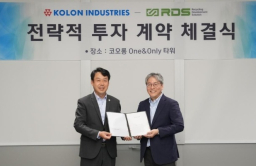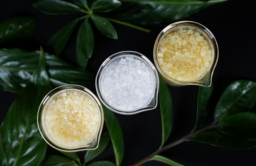-
KOSPI 2577.27 -2.21 -0.09%
-
KOSDAQ 722.52 -7.07 -0.97%
-
KOSPI200 341.49 +0.02 +0.01%
-
USD/KRW 1396 -2.00 0.14%
Kolon Industries to increase aramid pulp production for EVs
Chemical Industry
Kolon Industries to increase aramid pulp production for EVs
The material is widely used for car parts, protective clothing and fiber optic cables; it is strong, resistant to heat and eco-friendly
By
May 10, 2023 (Gmt+09:00)
1
Min read
News+
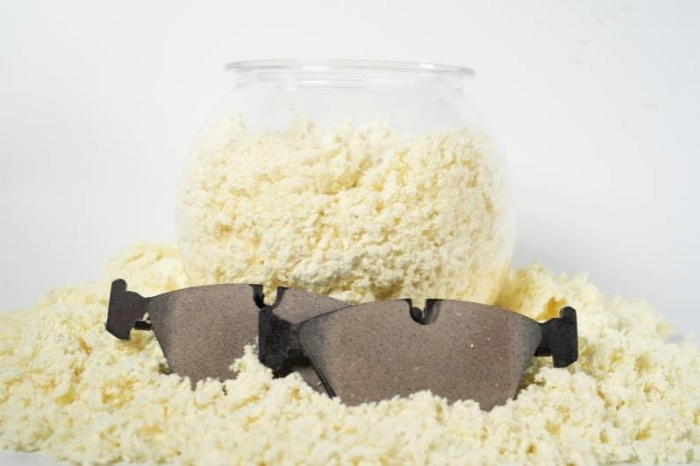
Kolon Industries Inc., a leading industrial materials maker in South Korea, said on Wednesday it will inject 22 billion won ($16.6 million) to expand the production of aromatic polyamide fibers (aramid) pulp, which is used in automotive brake pads, gaskets and automatic transmission papers.
The unit of Kolon Group, a fashion-to-construction conglomerate, will increase manufacturing capacity by 1,500 tons at its plant in Gumi, 190 kilometers southeast of Seoul. Its annual production of the materials will reach 3,000 tons as construction is to be completed in the second half of 2024.
The increased facilities will manufacture both premium and basic products, Kolon Industries said.
Aramid pulp is manufactured by cutting and grounding aramid yarn. With its high temperature and abrasion resistance, the element is used as reinforcement material for protective clothing, fiber optic cables and car parts. It is also five times stronger than steel of the same weight.
Some non-asbestos organic (NAO) brake pads, using aramid pulp, produce 70% less dust than conventional brake pads that use steel fiber, as well as reduce noise and enhance durability.
By increasing production of the eco-friendly material, the company will strive to meet growing demand from the global electric vehicle market. It will also expand the use of aramid pulp to composite materials in the aerospace industry.
Write to Jae-Fu Kim at hu@hankyung.com
Jihyun Kim edited this article.
More To Read
-
Apr 26, 2023 (Gmt+09:00)
-
Mar 27, 2023 (Gmt+09:00)
-
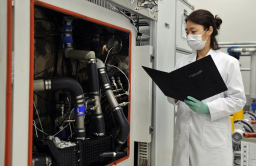 Chemical IndustryKolon Industries to make 100% plant-based eco-friendly plastic
Chemical IndustryKolon Industries to make 100% plant-based eco-friendly plasticMar 22, 2023 (Gmt+09:00)
-
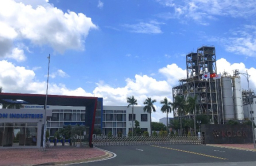 Fiber & TextileKolon Ind expands tire cord fabric plant in Vietnam
Fiber & TextileKolon Ind expands tire cord fabric plant in VietnamSep 28, 2022 (Gmt+09:00)


